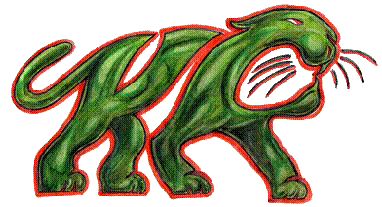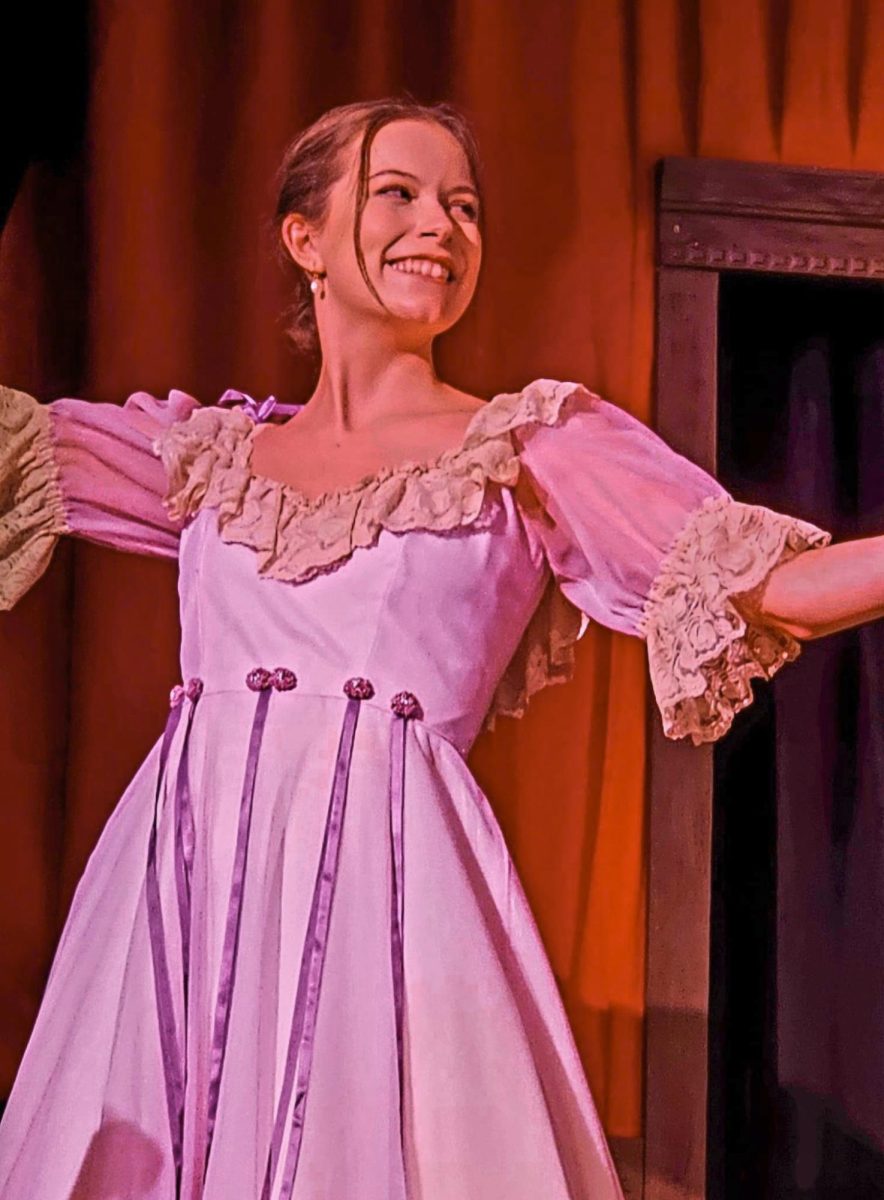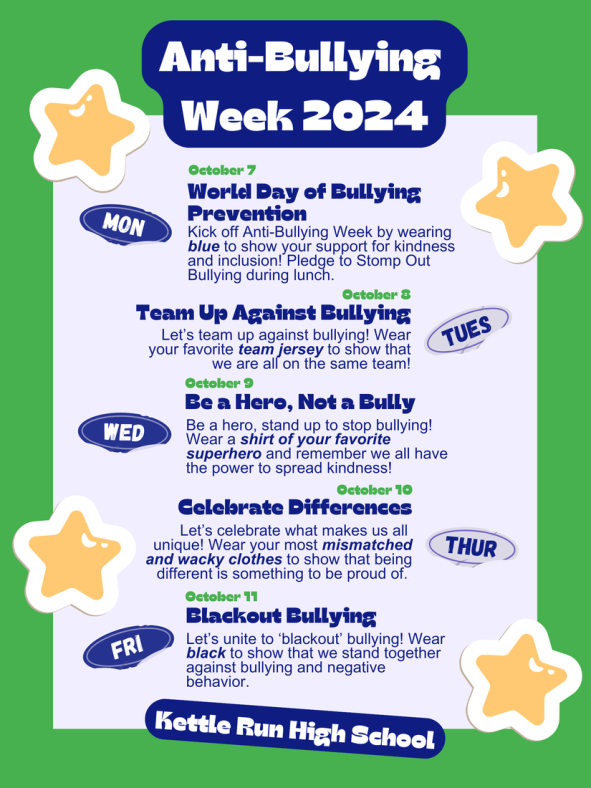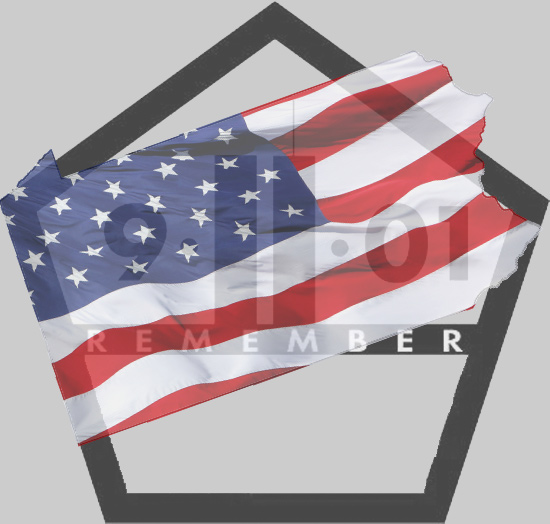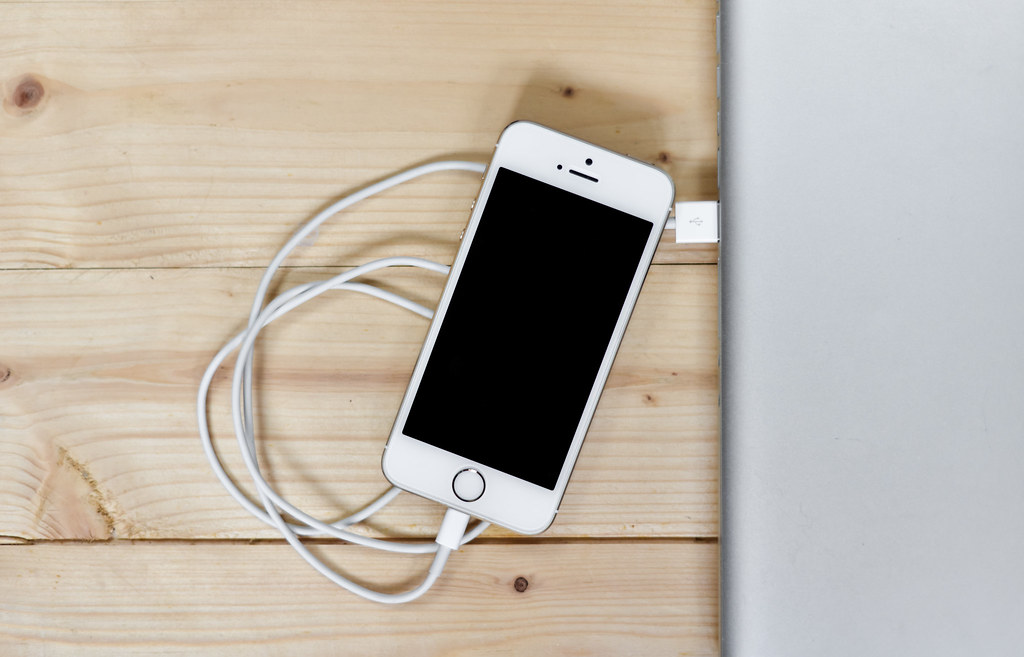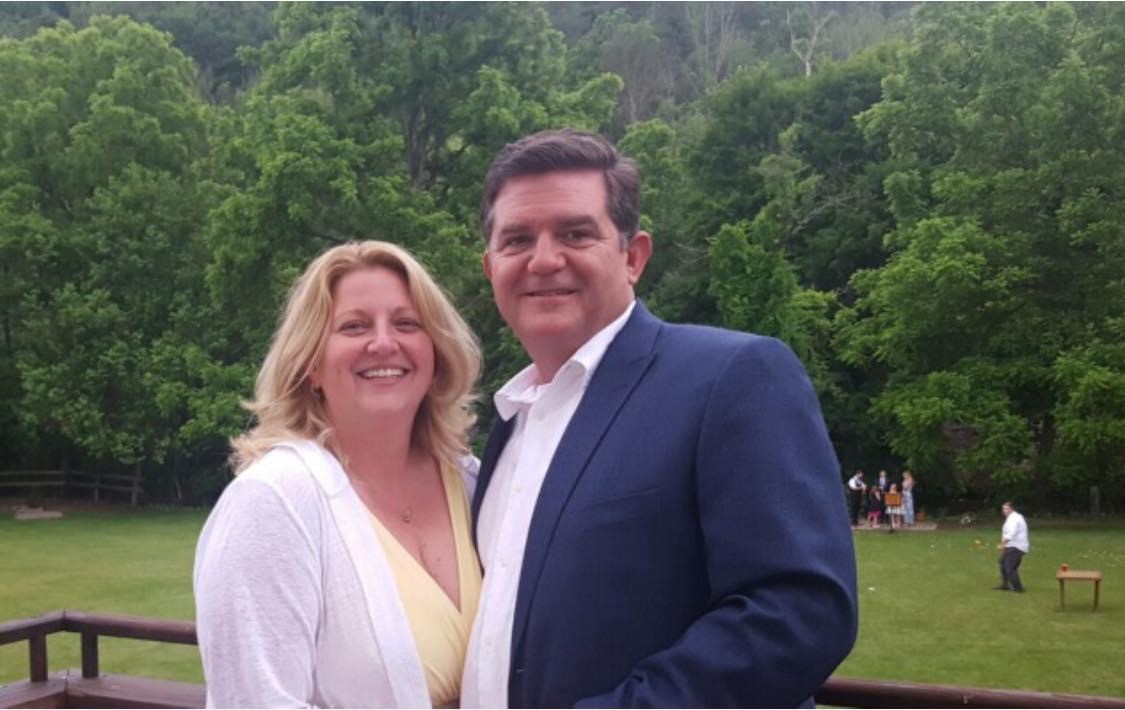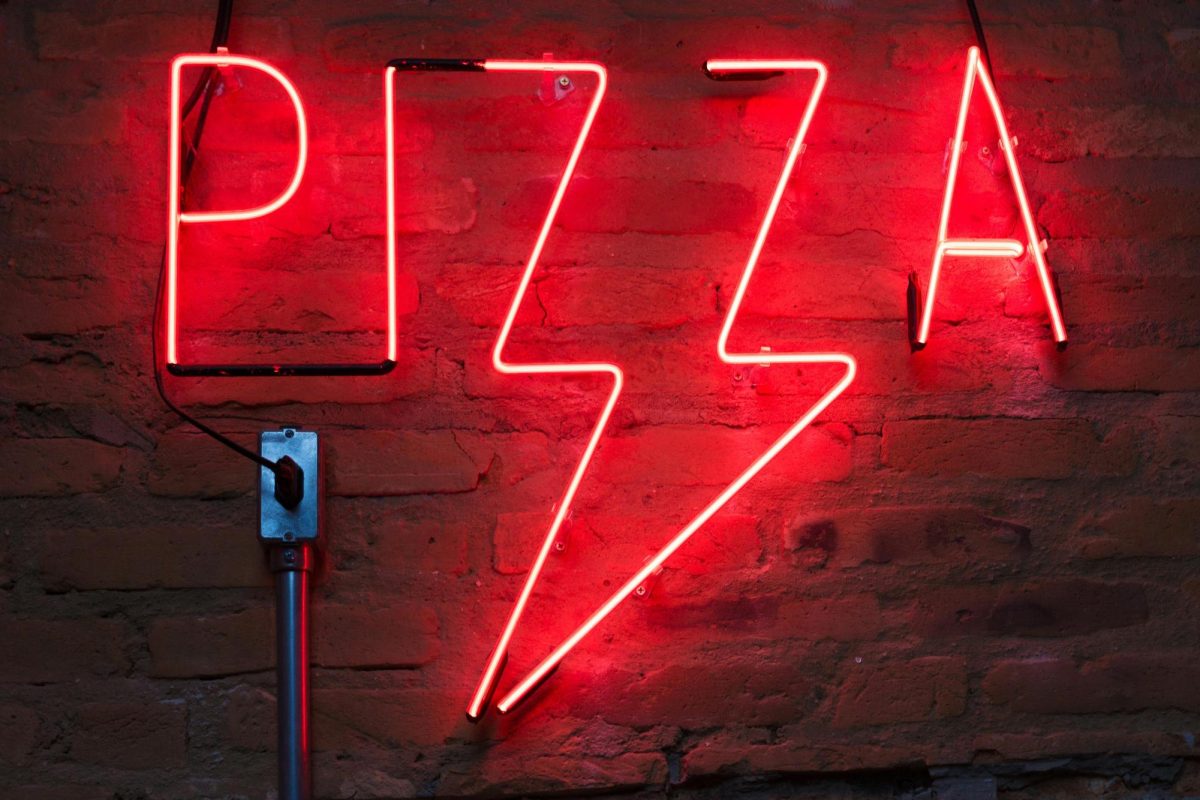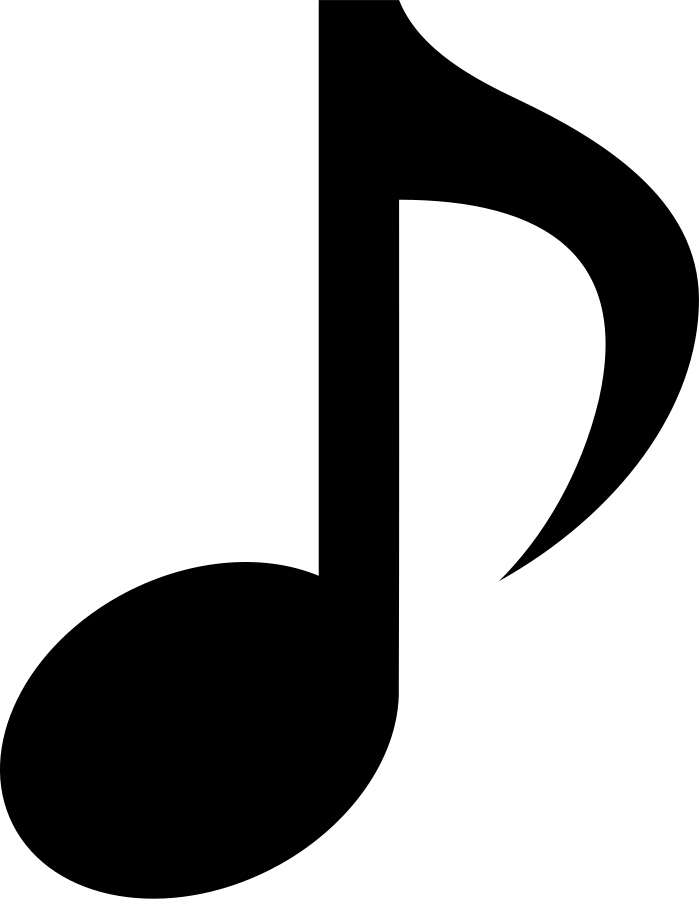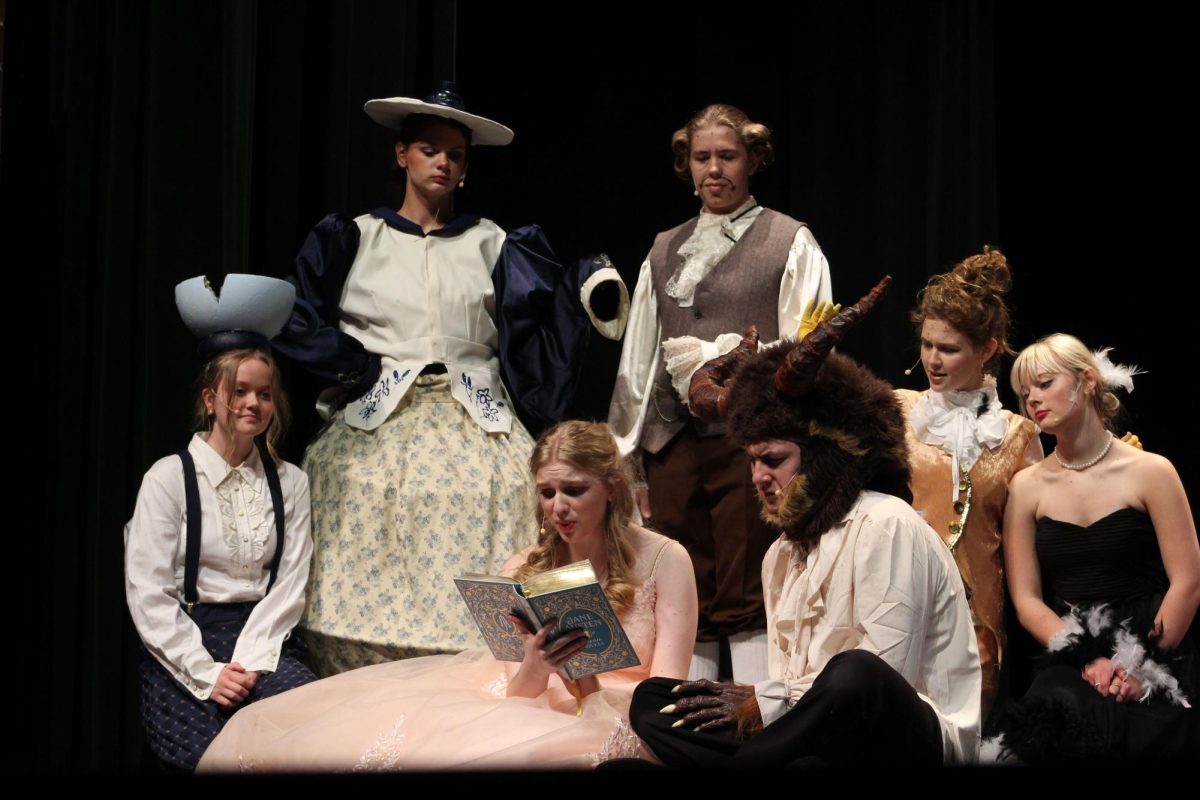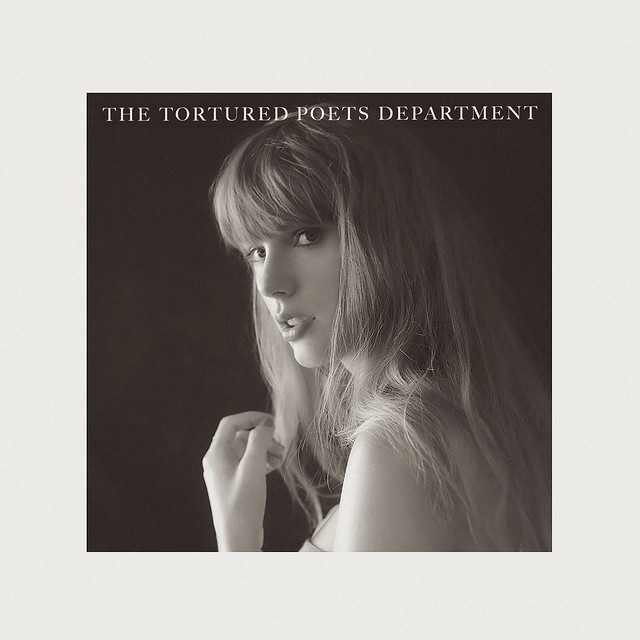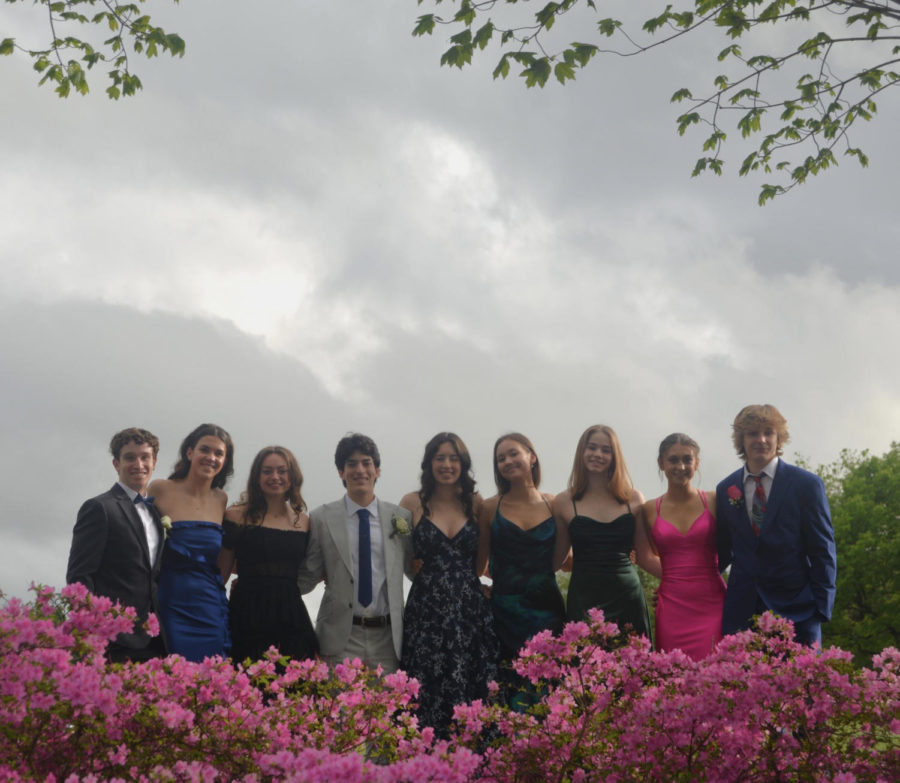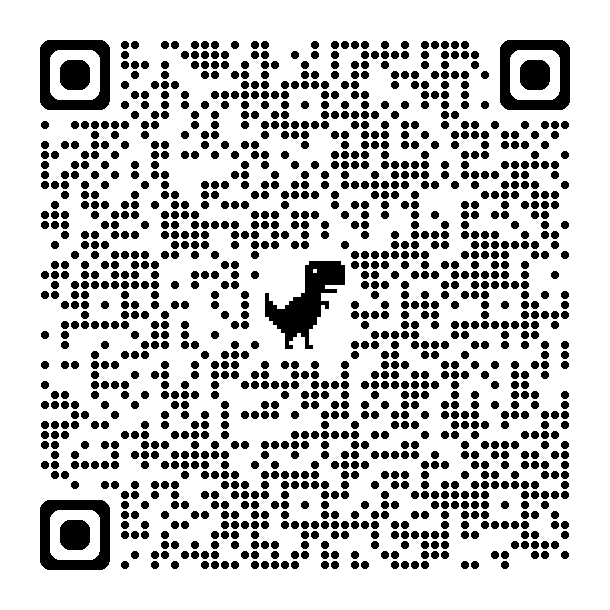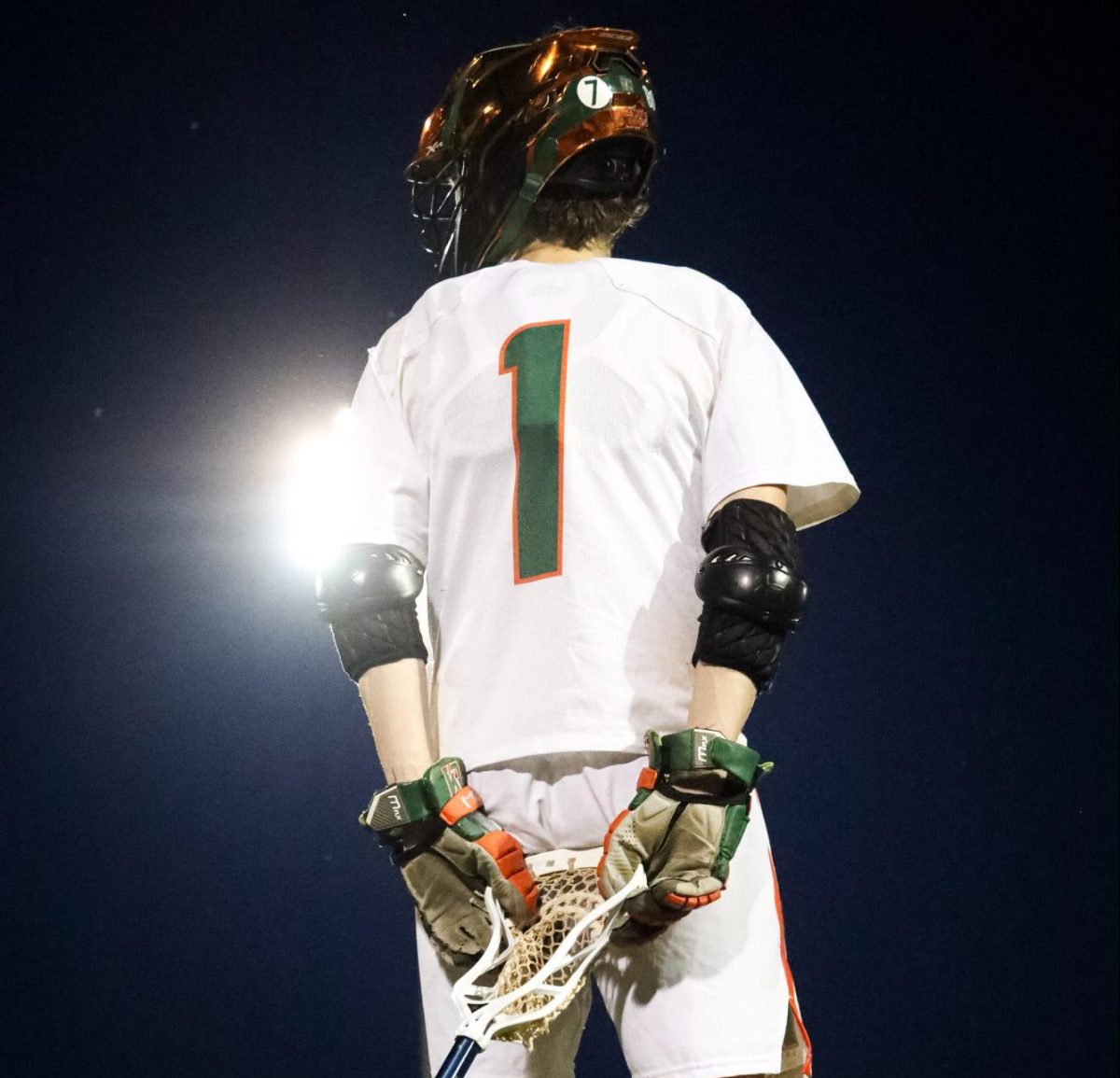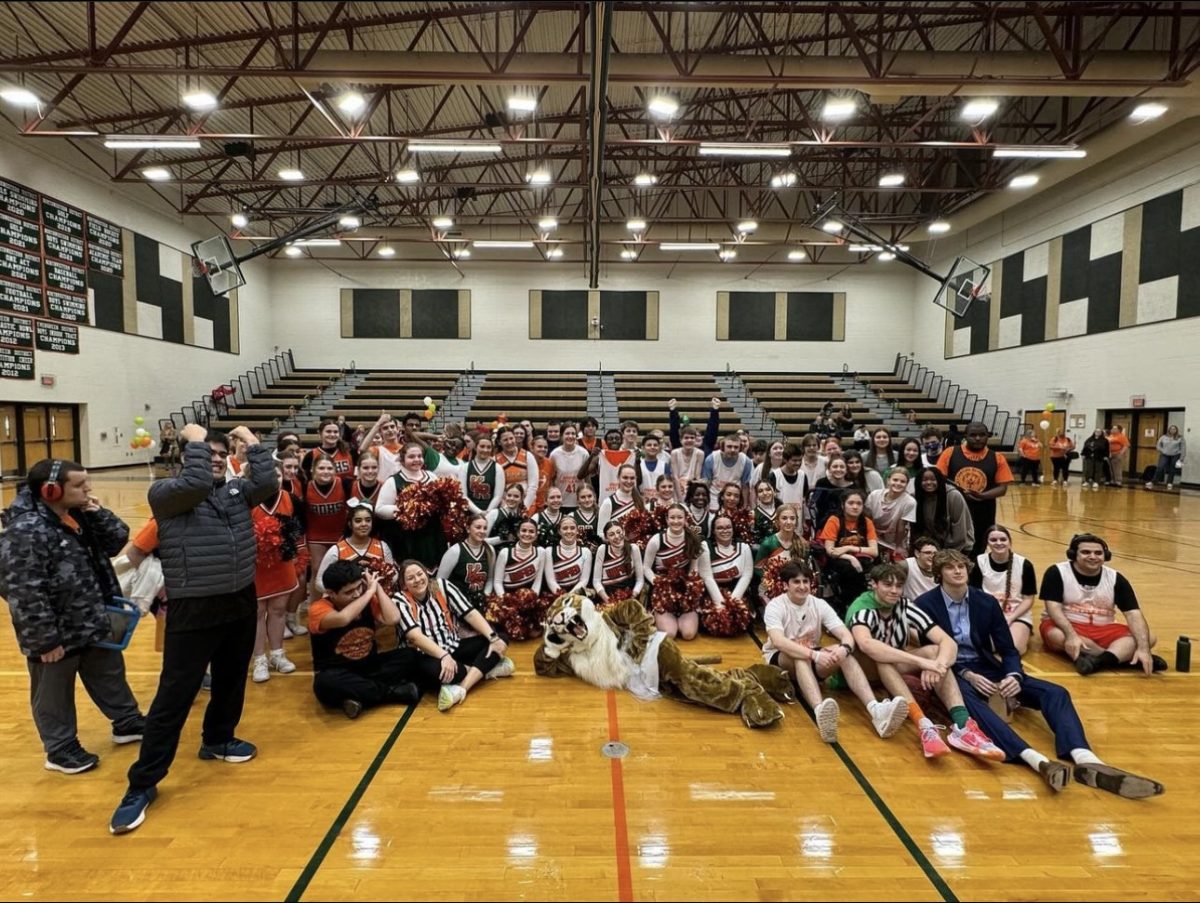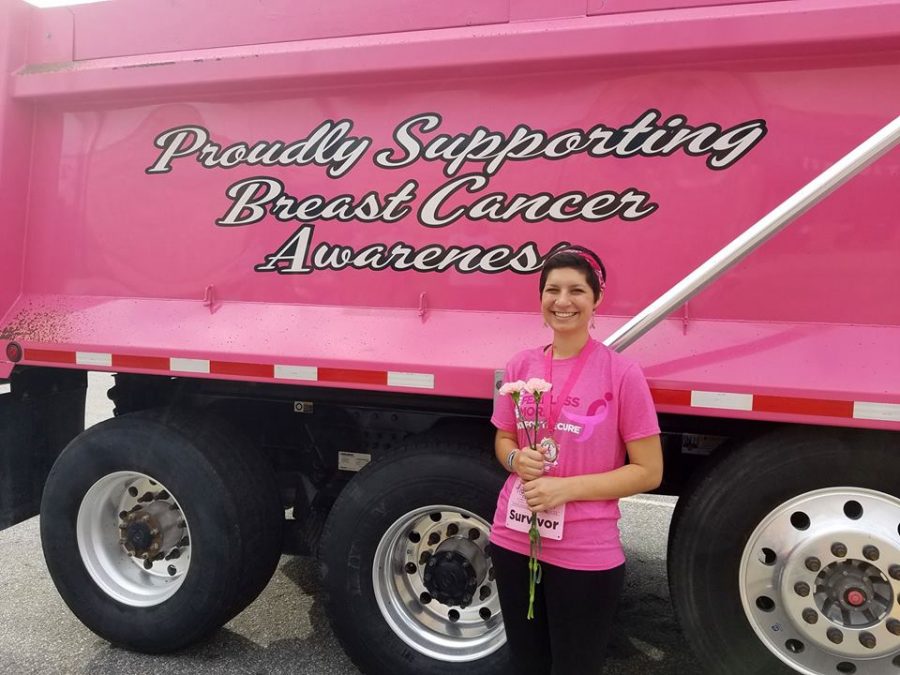Fakoury Shares her Story of Survival
KR Alumna battles breast cancer at a young age
Participating in Race for the Cure, breast cancer survivor Hannah Fakoury raises $2,300 for cancer research.
November 8, 2018
When you are young, you think you are invincible. You hear about scary things happening to other people, and you don’t believe that they could happen to you. You think a student would never think to bring a gun into your school. You think you will never have to grow up without a parent. You think that a disease such as cancer can’t touch you.
I used to think all of those things too.
I graduated from Kettle Run in 2013. I spent four years at the University of South Carolina, studying music education. I graduated in May of 2017, started my first middle school teaching job in August, and was diagnosed with Breast Cancer in November.
I admit, I have spent a good part of my life worrying about things a little too much. I am a self-proclaimed hypochondriac, making every ache a sprained ankle, and every sniffle the plague. When I found a lump in my breast, everybody told me that I was just overreacting. After all, 23-year-olds can’t get breast cancer, right? Doctors don’t even recommend getting mammograms until around age 40, but after making an appointment with my regular doctor and having her agree that there was definitely a lump, she thought it would be smart for me to get one just to ease my nerves. When the mammogram came back inconclusive, I had to have a biopsy. All the while, the doctors told me that they didn’t think I had anything to worry about. It is normal for young women to develop lumps, especially when hormones are high. They had every reason to expect my results to come back negative. But they didn’t.
Nobody can prepare you for that news. I never thought I would have to fight for my life before it had really had a chance to begin. I had just graduated from college, and I had so many big dreams. There was no scenario for a debilitating disease in all my planning!
I spent the last year going through different treatments. I started with a procedure to harvest and freeze some of my eggs- just in case the treatments destroyed my chance to have children. I completed five months of chemotherapy, had the lump from breast removed, and completed six weeks of radiation therapy. I am still receiving regular hormone targeted therapies every three weeks. On top of all my treatments and appointments, I kept teaching whenever I felt well enough to go to school.
I wanted to go to school so I could share my story with my students. I wanted them to know that cancer is not something they only have to start worrying about when they get old. I also wanted them to know that cancer is a fight that CAN be won, and the key to winning this battle is finding it early.
This is also my desire for you. It is NEVER too early to start looking for signs of cancer. Knowing what is normal for your body is the only way you will be able to tell if something is wrong. It can be awkward to talk about, but it is so important. Ladies, every month you should be doing self-examinations. One of my biggest fears growing up was that I wouldn’t know what I needed to be looking for, but because I was always so afraid, I was also very diligent. The day I found the tumor, it was obvious to me that it was something that had not been there before, and my knowledge of what was normal for me saved my life.
Self-examinations, regular visits to the doctor, and knowing what your normal feels like can make all the difference. Cancer doesn’t discriminate. It doesn’t wait until you’re 40. It doesn’t care how healthy or active you have been your whole life.
I want other young women to hear my story, not to cause fear or discomfort, but to help beat this awful disease. October is Breast Cancer Awareness month, and while everybody is aware that it exists, young people are often not aware that it can happen to them too.
I am happy to say that I am cancer-free now, but it is something that will stay with me for the rest of my life. An oncologist will monitor me as long as I live. My mission is to help create a world in which we don’t have to worry about this disease anymore, but until that day, we must do the best we can to educate women of all ages about what they should be looking for, and allowing it to be talked about and not avoided. Breast cancer should not be something that we are embarrassed to talk about. Bringing it to the light and being able to know what to look for can save your life.
